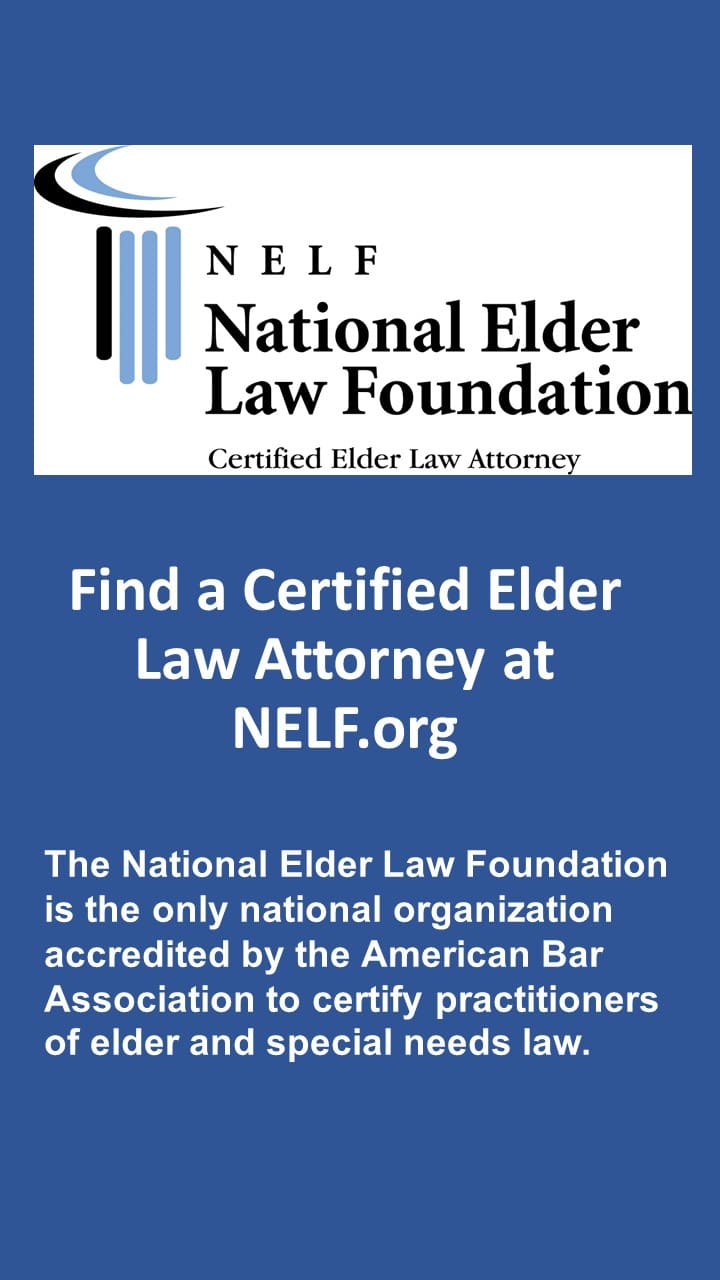A Petition for writ of certiorari in the case of Dermody v. Massachusetts Executive Office of Health and Human Services is pending in the U.S. Supreme Court. The issue is “Whether an annuity that satisfies the condition in 42 U.S.C. § 1396p(c)(2)(B)(i) determining the Medicaid eligibility of a married institutionalized person must name the state as the first remainder beneficiary in order to avoid Section 1396p(c)(1)’s transfer penalty.”
The Petition followed a decision of the Supreme Judicial Court of Massachusetts in Dermody and in Mondor, both decided ni 2023. Dermody began in 2015 when Joan was admitted to a skilled nursing facility. Robert, the community spouse, paid $172,000 for a signal premium annuity, paying him $2,873.69 per month for five years. Robert listed the “Commonwealth of MA to the extent of benefits paid” as the primary remainder beneficiary. Robert died in 2016 and Masshealth made a claim on the remainder of the beneficiary, taking $118,517.50 from Nationwide.
In 2017, Robert’s daughter filed a declaratory judgment action against Masshealth and Nationwide, claiming she was entitled to the annuity remainder. A Superior Court judge granted partial summary judgment in favor of the daughter and ordered the Commonwealth to turn over the remaining annuity proceeds. After entry of a final order, the Commonwealth appealed.
Initially, the daughter argued that the sole benefit exemption at 42 U.S.C. § 1396p(c)(2)(B)(i) applied and “that an annuity that satisfies the sole benefit rule in § 1396p(c)(2)(B)(i) need not also satisfy the beneficiary naming requirement in § 1396p(c)(1)(F)(i).” The Massachusetts Supreme Court rejected that argument, holding “the plain language of § 1396p(c)(1)(F)(i) does not include a carve-out for those annuities purchased for the sole benefit of the community spouse, and we decline to add one.”
The daughter then argued that the annuity contract must be read so that it is limited to benefits paid for Robert, not his wife. Since Robert never received Medicaid, this argument would result in a ruling for the daughter if accepted. The Court rejected this argument that because it was done in connection with Joan’s application for Medicaid, “we conclude that Joan, as the institutionalized spouse, is the presumed recipient of benefits referenced in the remainder clause.”
The facts in Mondor are substantially similar. Both annuities actually named the Commonwealth as beneficiary. Thus, unless the contracts were construed as being limited to recovery of benefits paid on behalf of the community spouse, it seems as though the question presented would never be reached. This fact makes these cases distinguishable from Cook v. Glover where the Georgia Supreme Court found that an annuity is subject to the transfer penalty rules unless it complies with both 42 U.S.C. 1396p(c)(1)(F) and (G) by naming the State as remainder beneficiary. In that case, the applicant refused to name the State as remainder beneficiary, arguing that compliance with either subsection (F) or (G) was sufficient. The Georgia Supreme Court disagreed.
Although the present cases may or may not have the facts to answer the question presented in favor of the Medicaid applicant, it is worth noting that the Georgia Supreme Court relied on the Chevron Standard when it ruled for the Medicaid agency in Cook v. Glover. That standard is currently under attack in the case of Loper Bright Enterprises v. Raimondo. The question presented in that case is “Whether the court should overrule Chevron v. Natural Resources Defense Council, or at least clarify that statutory silence concerning controversial powers expressly but narrowly granted elsewhere in the statute does not constitute an ambiguity requiring deference to the agency.” If the Supreme Court overrules Chevron, then Cook v. Glover would be unmoored, at least with respect to federal law.






